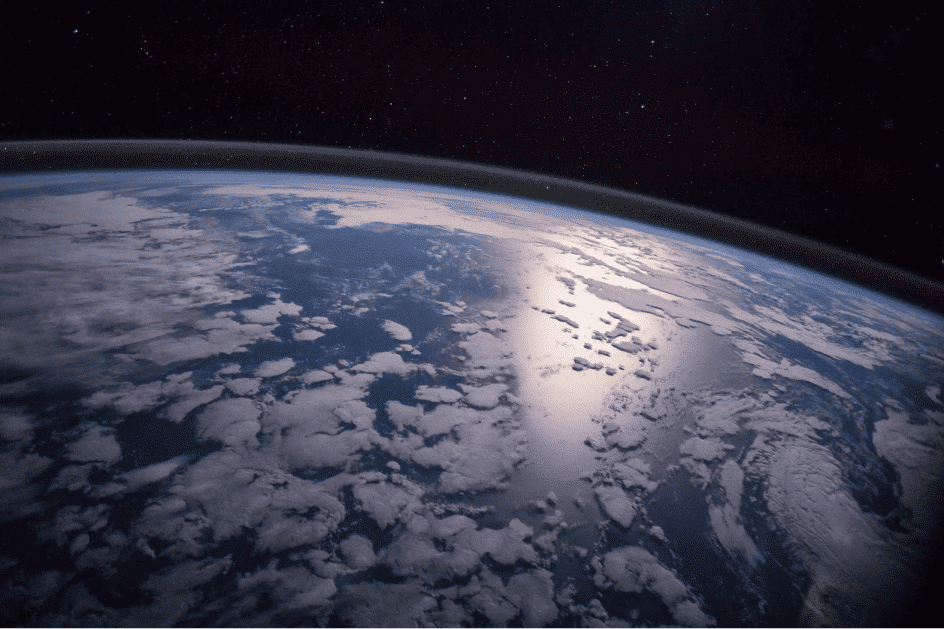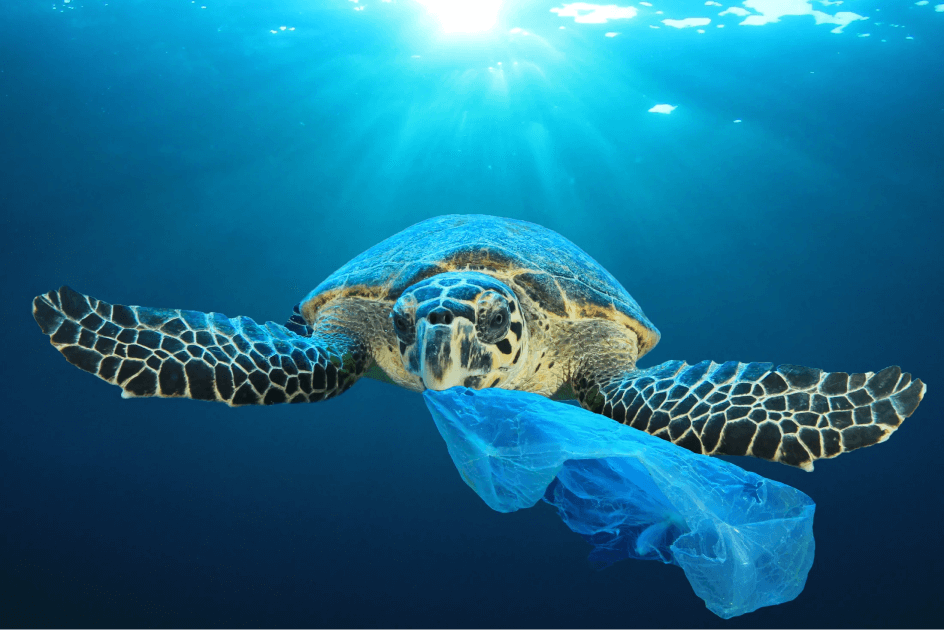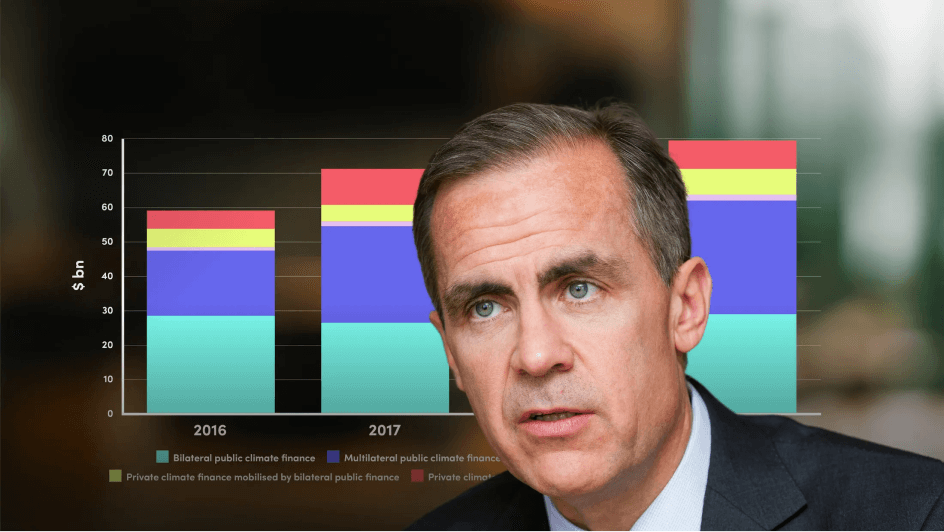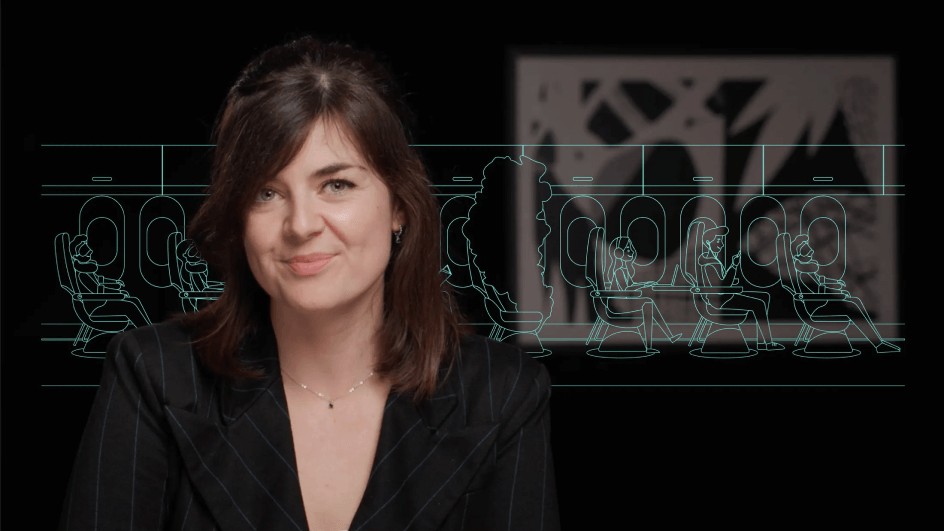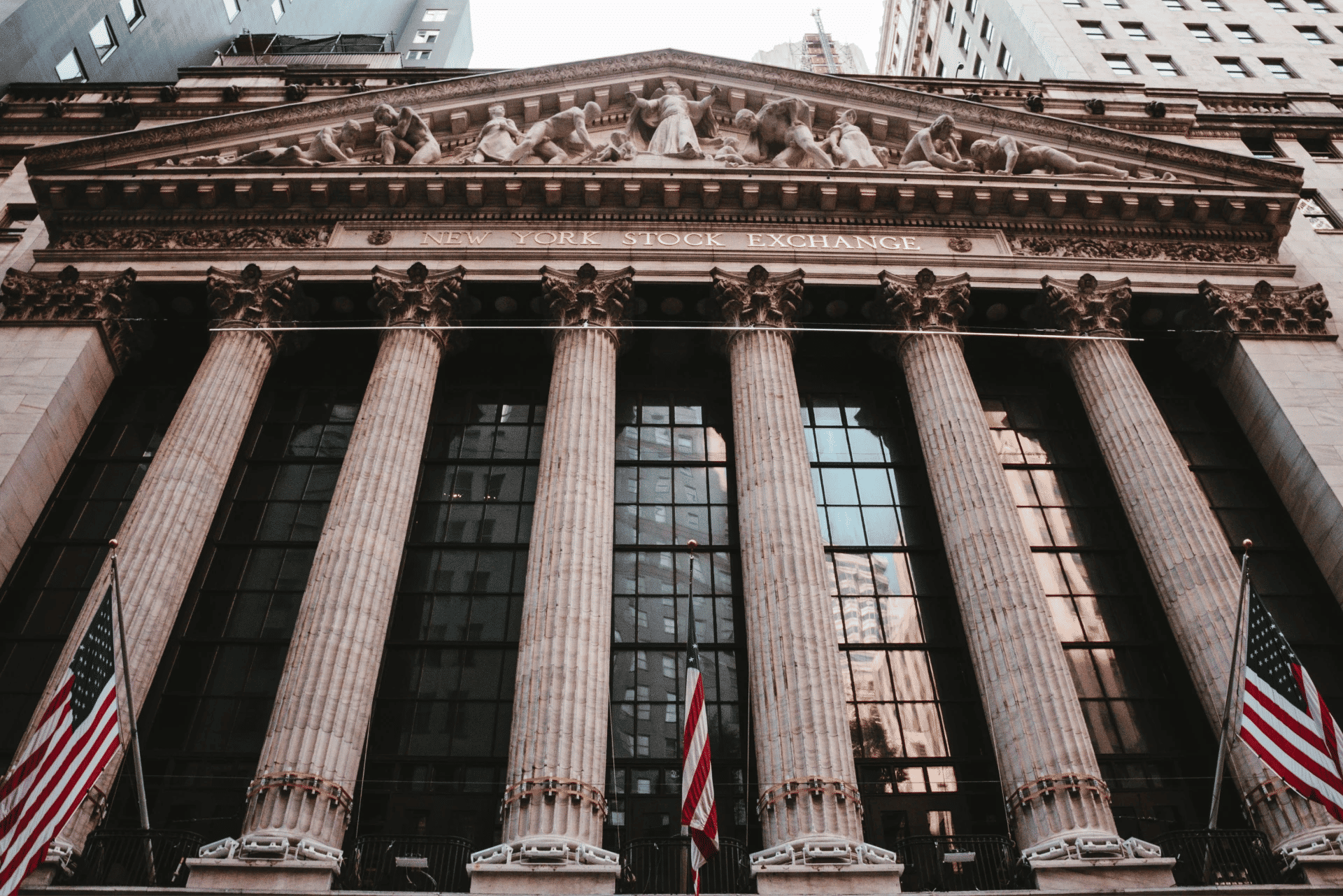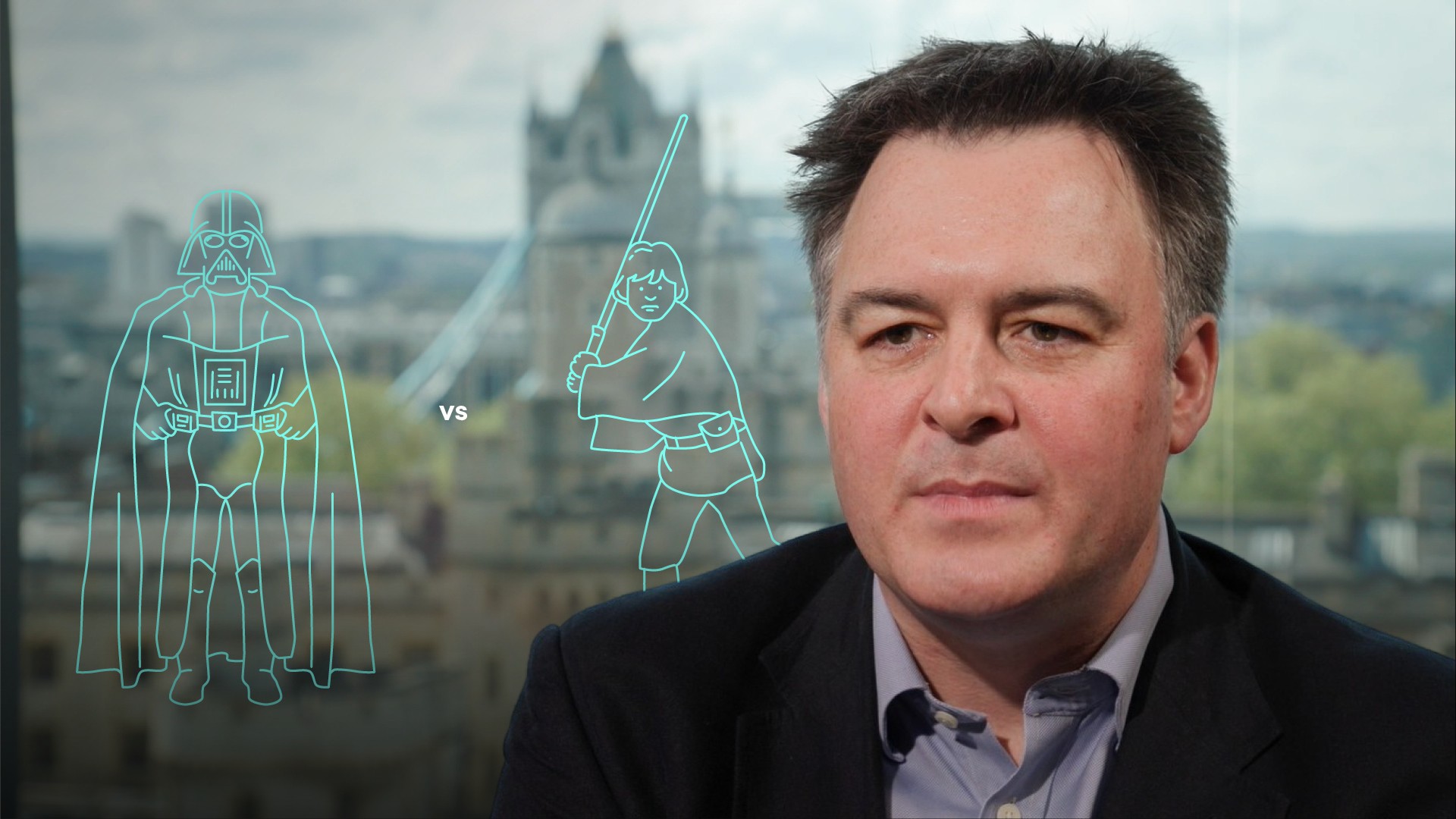
Why Ethics is Difficult I

Christian Hunt
25 years: Behavioural science & compliance
Ethics are easy to grasp and hard to put into practice - but why? Why do we make the wrong choices when the right ones seem so clear with hindsight? In this video, Christian explores four reasons why we find it hard to practice ethics and often get things wrong.
Ethics are easy to grasp and hard to put into practice - but why? Why do we make the wrong choices when the right ones seem so clear with hindsight? In this video, Christian explores four reasons why we find it hard to practice ethics and often get things wrong.

Why Ethics is Difficult I
14 mins 6 secs
Key learning objectives:
Understand why we get things wrong from an ethical perspective
Learn four reasons why ethics can be difficult to live by in a complicated world
Overview:
In this series, we've been looking at why ethics can be difficult for people to deal with. What we need is a way of thinking about them that will allow us to navigate the complexities and overcome the weaknesses in the way that our brains engage with them.
Why can real-world ethics be difficult?
1. Ethical dilemmas aren’t black and white - but shades of grey
The construct of good vs evil is something we all recognise from books and movies - but we don’t live in a simple world. Our brains are programmed to like simplicity, so thinking of the world in terms of simple classifications (completely good vs. exaggerated evil) comes easily to us. Even in entertainment, where we have more nuanced characters, the drama often comes from the audience trying to determine whether someone is good or bad. We’re conflicted when ostensibly good characters do bad things and surprised when ostensibly bad characters do good things. This is great for entertainment but it also means we’re sometimes ill-prepared for the complexities of the real world.
2. We like to see ourselves as fundamentally good
We all have an inbuilt belief in our own goodness. That means we know what we’re striving for but it can also give us a misguided sense of the appropriateness of our own actions. After all, if we think we’re good people, then we must be doing good things. And that makes us less likely to challenge our own decision-making. People justify bad behaviour by referencing their good character. None of us wants to be perceived as unethical, so we try to create narratives that preserve our self-image — to ourselves and to others.
3. Ethical dilemmas don’t come with a warning sign
We can easily find ourselves having to make ethical decisions in contexts when we might not be thinking in those terms. It is easy to plan out what we’d theoretically do in certain situations, but we can be unprepared when they arise. As a result, we might not be in the right mindset to make a decision and the ethical component can pass us by. Even if the ethical signals are clear, it is perfectly possible for us to override them - for instance, if our job and livelihoods depended on us doing so.
4. Sometimes, there isn’t a clear and easy choice
One of the fallacies of how we are taught ethics as children is that we’re presented with a simple choice of good and bad. The narrative is kept simple, and it is obvious which course of action is right and which is wrong. In the real world, when we’re faced with ethical dilemmas, they can often present us with a range of alternative options that require us to make trade-offs. A famous example of this is The Trolley Problem. There isn’t a right answer and neither outcome is good. Sometimes, it’s a case of the least bad option. COVID-19 presented governments with a very real version of The Trolley Problem - to stop the spread of the virus, they needed to introduce lockdown measures. However, lockdowns caused other problems. Both options come with severe downsides.

Christian Hunt
There are no available Videos from "Christian Hunt"






